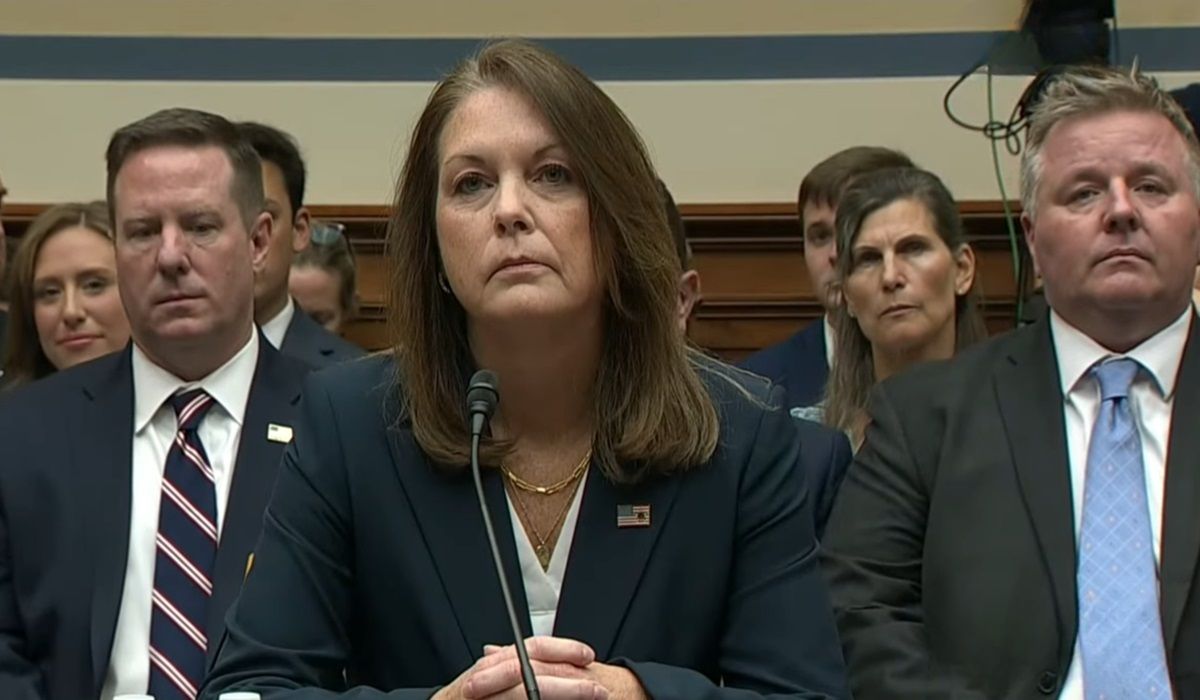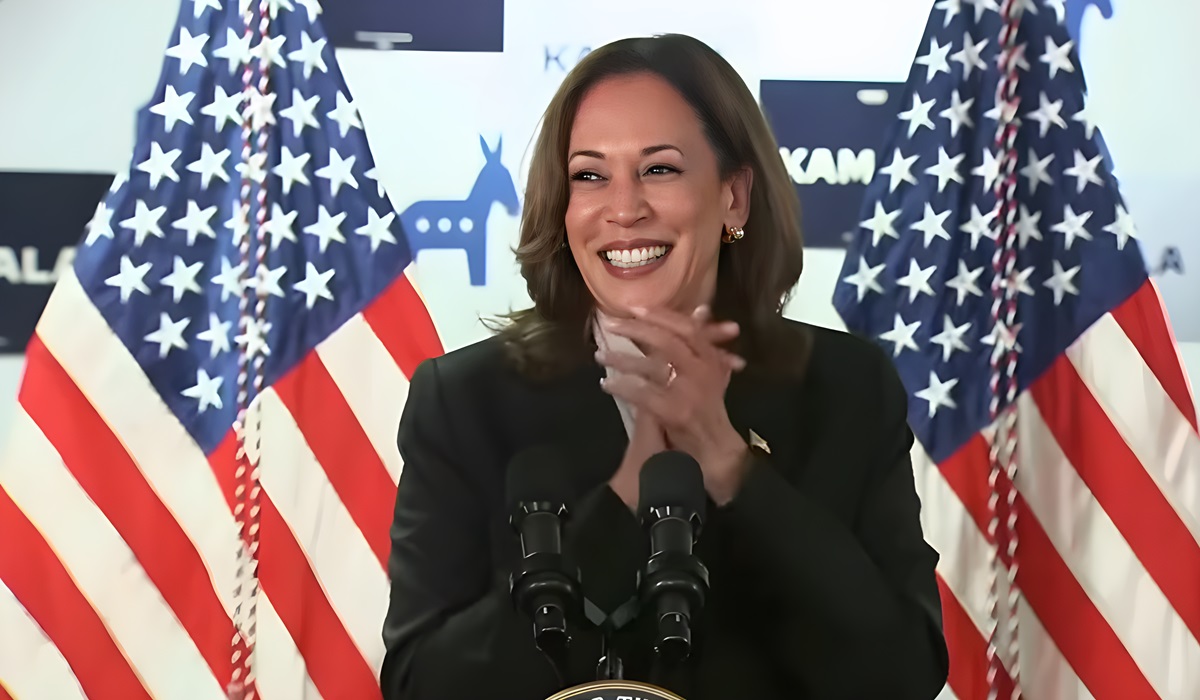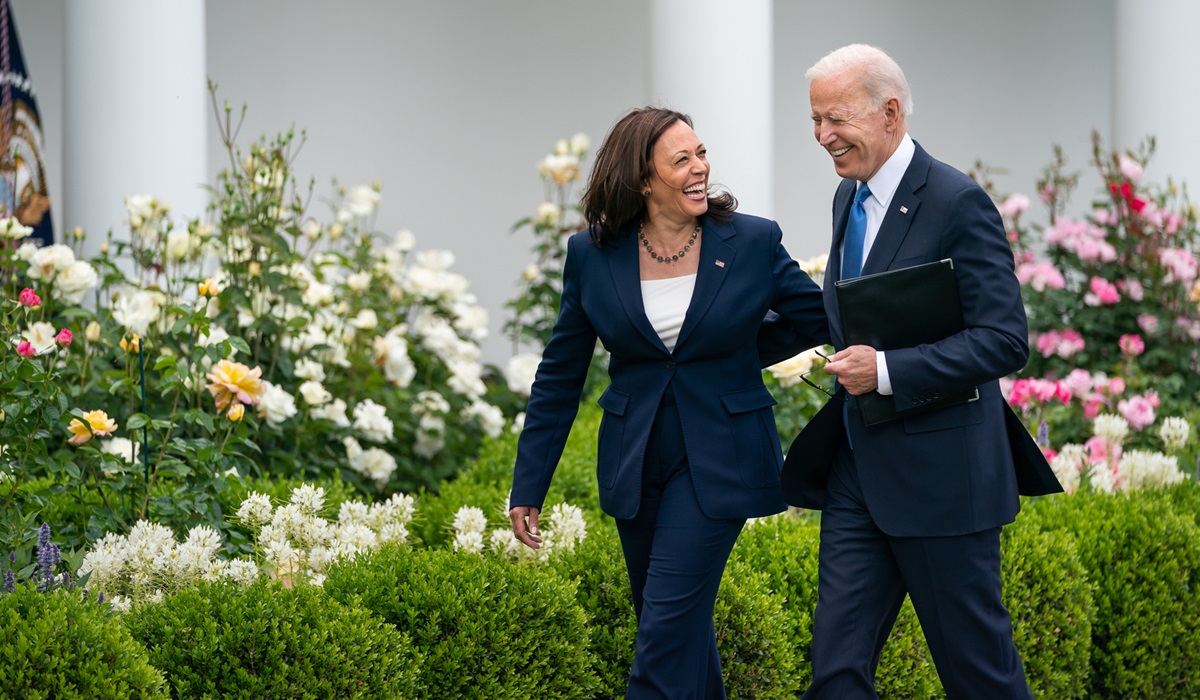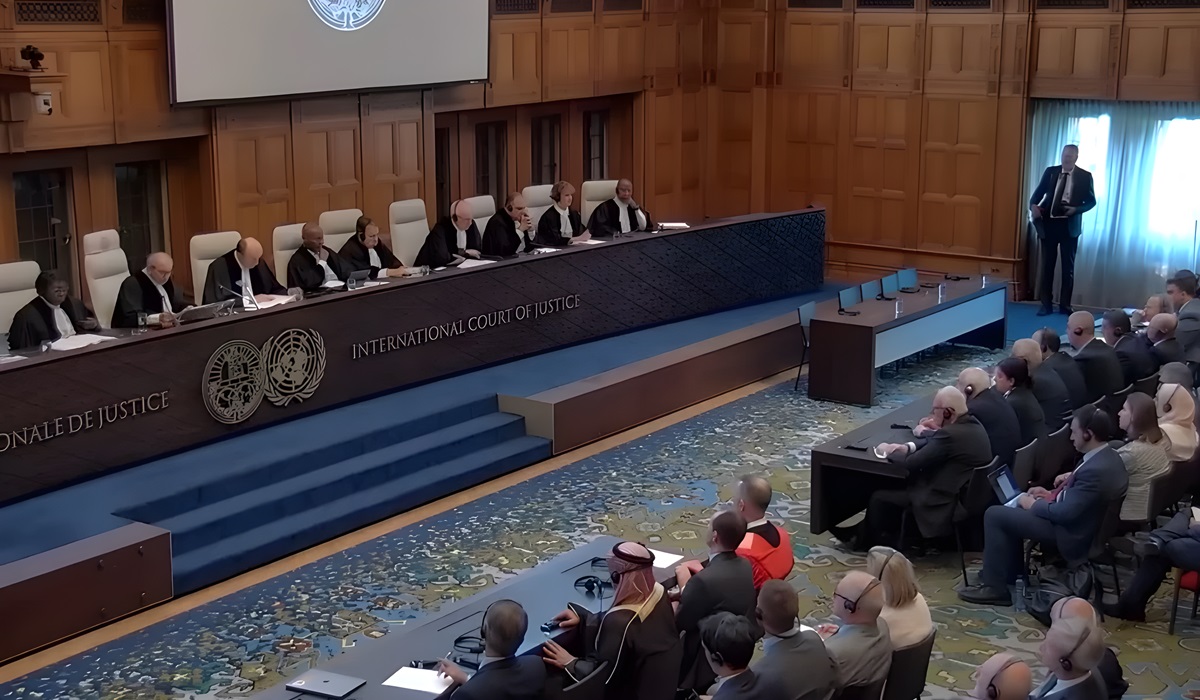Celebrating 50 Years of Hip Hop: A Cultural Movement that Reshaped Music and Society
- TDS News
- Breaking News
- Entertainment
- August 11, 2023
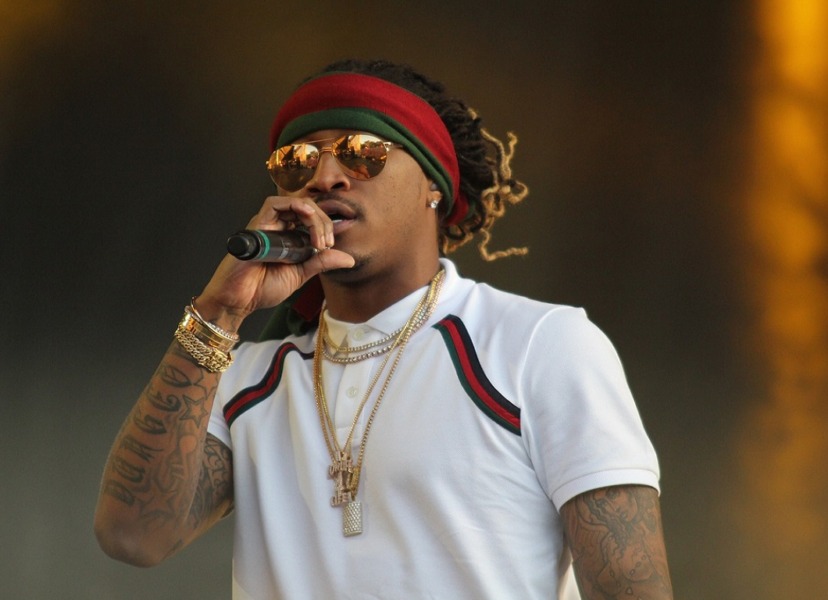
Today marks a momentous occasion as we celebrate the 50th anniversary of Hip Hop. Originating in the Bronx of New York City, this genre has profoundly impacted music, culture, fashion, art, and politics. Looking back at its history and influence, we also anticipate a promising future for Hip Hop in the next 50 years.
Hip Hop emerged in the early 1970s in South Bronx, stemming from block parties and park jams. DJs like Kool Herc, Afrika Bambaataa, and Grandmaster Flash pioneered mixing records, laying the foundation for this global phenomenon. From its modest beginnings, Hip Hop expanded, introducing rapping and MCing, breakdancing, and graffiti art. It became a platform for marginalized communities to express their experiences and aspirations. Rappers like Grandmaster Caz, Kurtis Blow, Queen Latifah, Roxanne Shante and Run-D.M.C. popularized storytelling through rap.
Hip Hop’s rise was fueled by visionaries who pushed artistic boundaries. Figures like DJ Kool Herc, known as the “Father of Hip Hop,” Afrika Bambaataa, an electro-funk pioneer and peace activist, and Grandmaster Flash, a turntablism trailblazer, played pivotal roles.
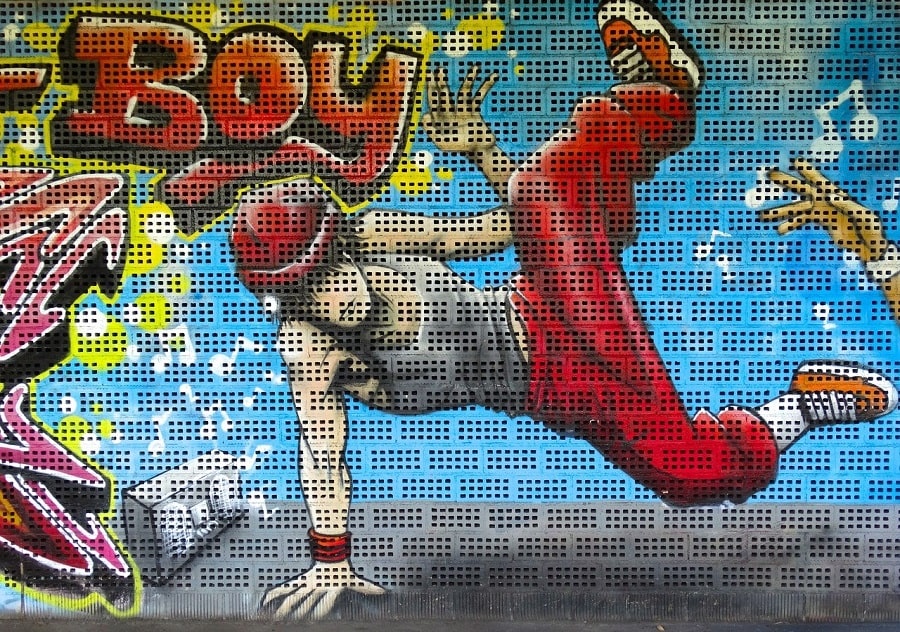
As Hip Hop grew, artists like Grandmaster Flash and the Furious Five, Public Enemy, A Tribe Called Quest, LL Cool J, Michie Mee, Maestro Fresh Wes, The Dream Warriors, and Rakim defined its elements, from production techniques to social commentary. Hip Hop’s influence extends beyond music, transcending borders and cultures as a global phenomenon. It provides a platform for marginalized voices, addressing racism, poverty, and inequality and driving social change.
From fashion trends inspired by artists like Run-D.M.C.’s Adidas tracksuits to Hip Hop dance styles in mainstream culture through media, its impact is undeniable. The emphasis on self-expression empowers individuals worldwide to embrace their identities.
As we celebrate Hip Hop’s 50th anniversary, its influence will continue to grow. Digital technology enables diverse artists to collaborate and share stories easily. Hip Hop’s inclusivity enables artists of all backgrounds to find a voice. Emerging female MCs like Megan Thee Stallion and Noname, alongside international artists like Stormzy and Bad Bunny, unite people worldwide.
Looking ahead, Hip Hop will break barriers and challenge conventions, fusing musical styles, experimenting with production, and innovative storytelling. Hip Hop’s 50th anniversary testifies to its lasting impact on music, culture, and society. From its Bronx beginnings to global prominence, the genre remains authentic. As we celebrate this milestone, we anticipate the next 50 years of Hip Hop, confident that its influence will continue to shape our world profoundly.





